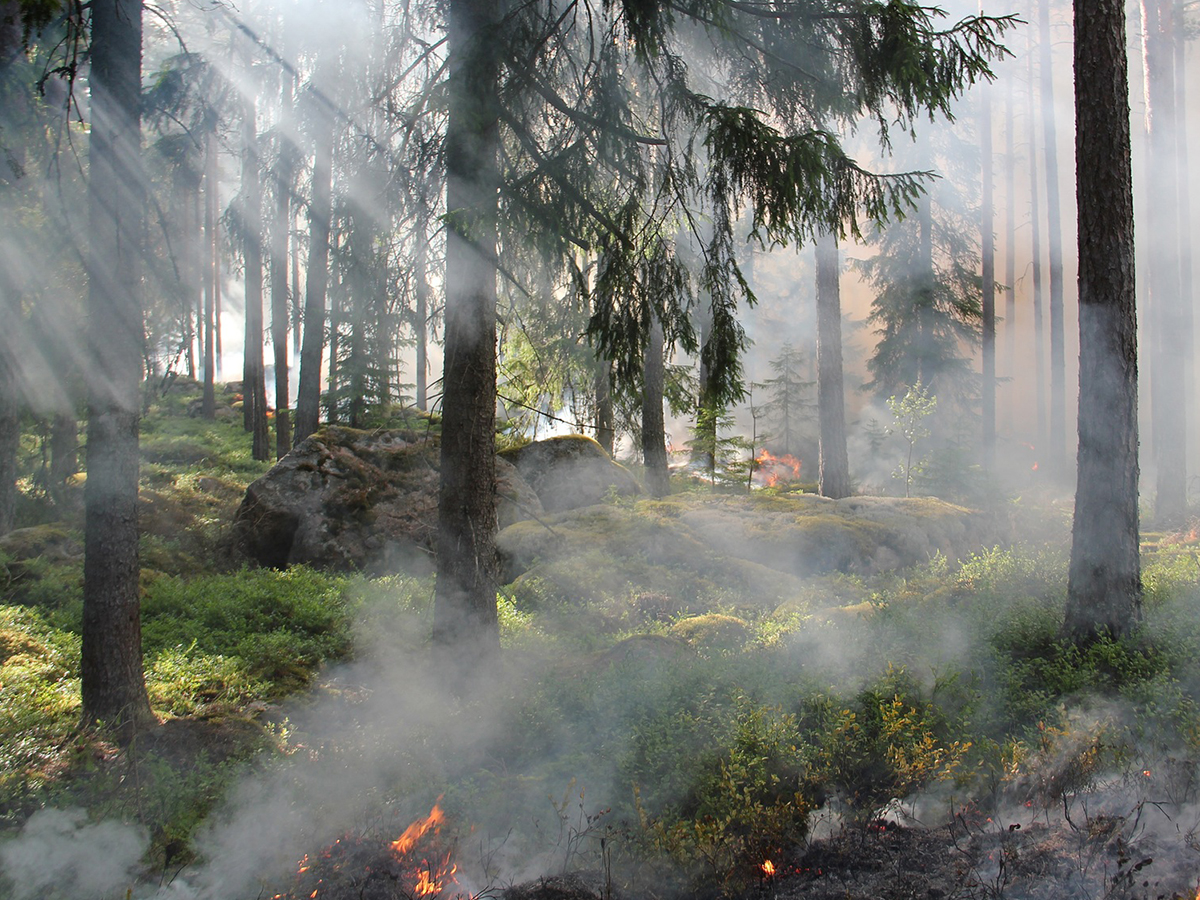Objective
a) State of the art review of EWS decision-making methods and platforms b) Sharing interests on the creation of new methodologies and practices for EWS c) The establishment of a common research and development agenda and the opening of entrepreneurial and international opportunities of technology development.
The anticipated binational problems to be solved are:
Both Yucatan and Texas are States whose dynamic economy includes an important access to marine resources; possess similar socioeconomic dynamics and both are an entrance door to the Gulf of Mexico. Likewise, the cattle raising and agriculture activities possess similar problems. In both regions, the civil concentration determines the services offered for tourism support: these are too, complex ecosystems whose study is and has been an important priority for the scientific and technological society. On both sides, have been detected early effects of global warming which in first instances, implies a complex dynamic for the evolution of natural phenomena and human activity. The problems that will be carried out initially will concentrate in developing and validating a series of computational algorithms to represent mathmatic models for the study, simulation, and emulation in real-time for the propagation of fires, both in rural and urban zones.
The following strategies will be a key focus on the implementation of this project:
- EWS strategies for fire protection
- EWS strategies for public health
- EWS strategies for coastal dynamics processes
- EWS strategies or civil protection against natural threats (hurricane, floods, etc.)
- Strategies for integrated EWS for a) b) and c)
The anticipated results of this Tier I project include:
- Early Warning Systems for fires
- Development of a simulation platform for risk scenario for the support of strategic decision-making
- Development of the technological tools for the support of dynamic risk mapping (diagnosis and prognosis maps) for social, economical and environmental processes.
- Development of the technological tools for the support of field monitoring of social, economical and environmental processes.
The broader impacts considered in this project include the training of binational teams on a wider spectrum of field, technological and policy backgrounds. Cooperation agreements between civil protection authorities are anticipated, particularly for EWS with common ecosystem characteristics.
Currently, there is no ad-hoc tool available for the mitigation of early warnings in the State of Yucatan ,and it is intented to settle the basis of a future study center and early warning analysis that would integrate related factors with climate change and the best alert management, mainly based in the optimum management of the information and monitoring.


 Dr.Bill Fox
Dr.Bill Fox Dr. Luis Alberto Muñoz Ubando
Dr. Luis Alberto Muñoz Ubando




Follow Us